A friend in power is a friend lost
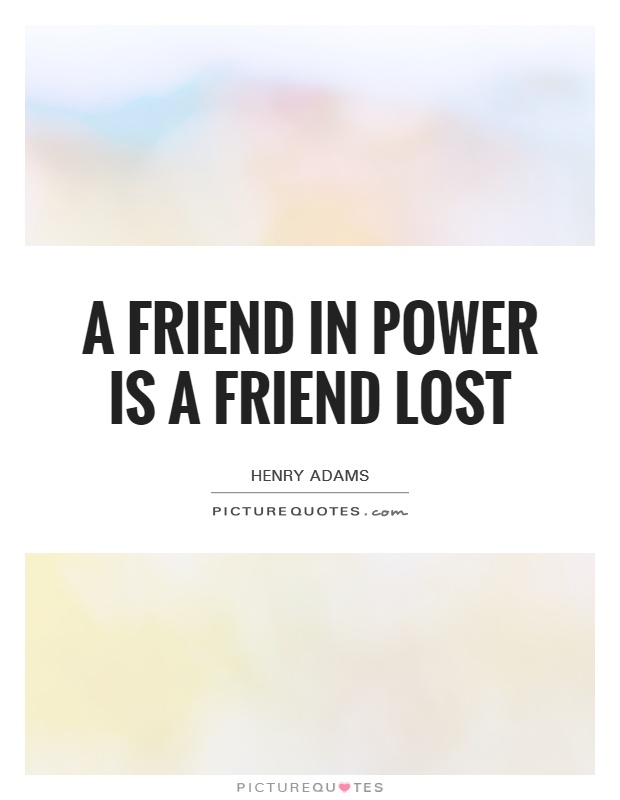
A friend in power is a friend lost
Henry Adams, an American historian, once famously said, "A friend in power is a friend lost." This statement holds a profound truth that resonates throughout history and politics. Adams understood the complexities of power dynamics and how they can strain even the strongest of friendships.In the context of Henry Adams' own life, this quote can be seen as a reflection of his experiences with powerful figures in American politics. Adams was a close friend and advisor to several U.S. presidents, including his own grandfather, John Quincy Adams. However, he also witnessed firsthand how power can corrupt and ultimately destroy relationships.
One of the most notable examples of this is Adams' friendship with President Ulysses S. Grant. Adams initially supported Grant's presidency and worked closely with him on various political matters. However, as Grant's administration became embroiled in corruption scandals, Adams began to distance himself from the president. Their friendship ultimately deteriorated, with Adams feeling betrayed by Grant's actions in office.
Adams' quote also speaks to the inherent tension that can arise when friends occupy positions of power. When one friend holds significant influence or authority, it can create a power imbalance that strains the relationship. The friend in power may feel pressured to prioritize their duties over their personal connections, leading to feelings of neglect or betrayal on the part of the other friend.
Furthermore, the dynamics of power can also change the nature of the friendship itself. As one friend ascends to a position of authority, their priorities and values may shift, causing them to drift apart from their former companions. This can be especially true in the cutthroat world of politics, where alliances are constantly shifting and loyalty is often tested.
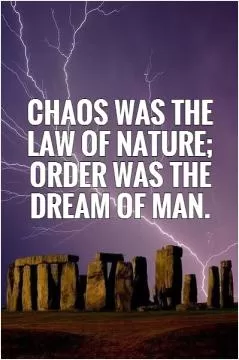
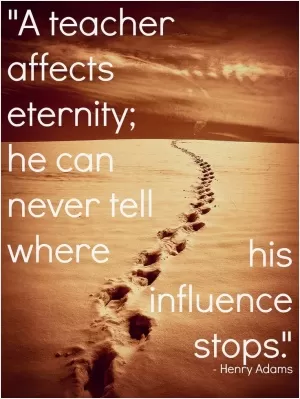
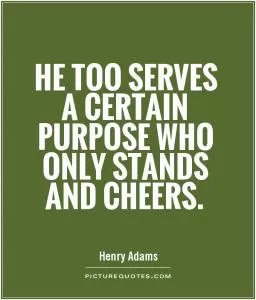


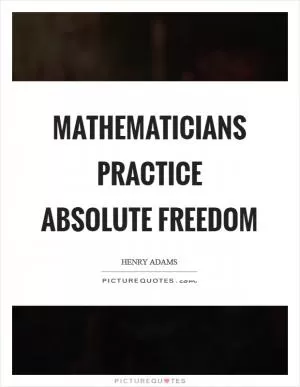

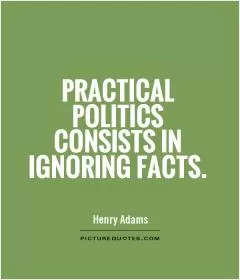
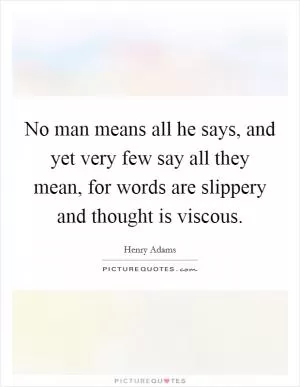

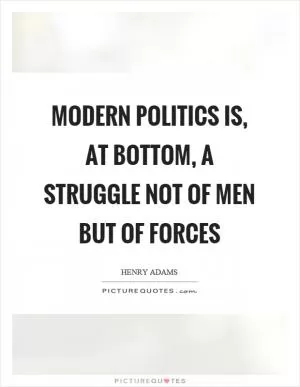

 Friendship Quotes
Friendship Quotes Love Quotes
Love Quotes Life Quotes
Life Quotes Funny Quotes
Funny Quotes Motivational Quotes
Motivational Quotes Inspirational Quotes
Inspirational Quotes